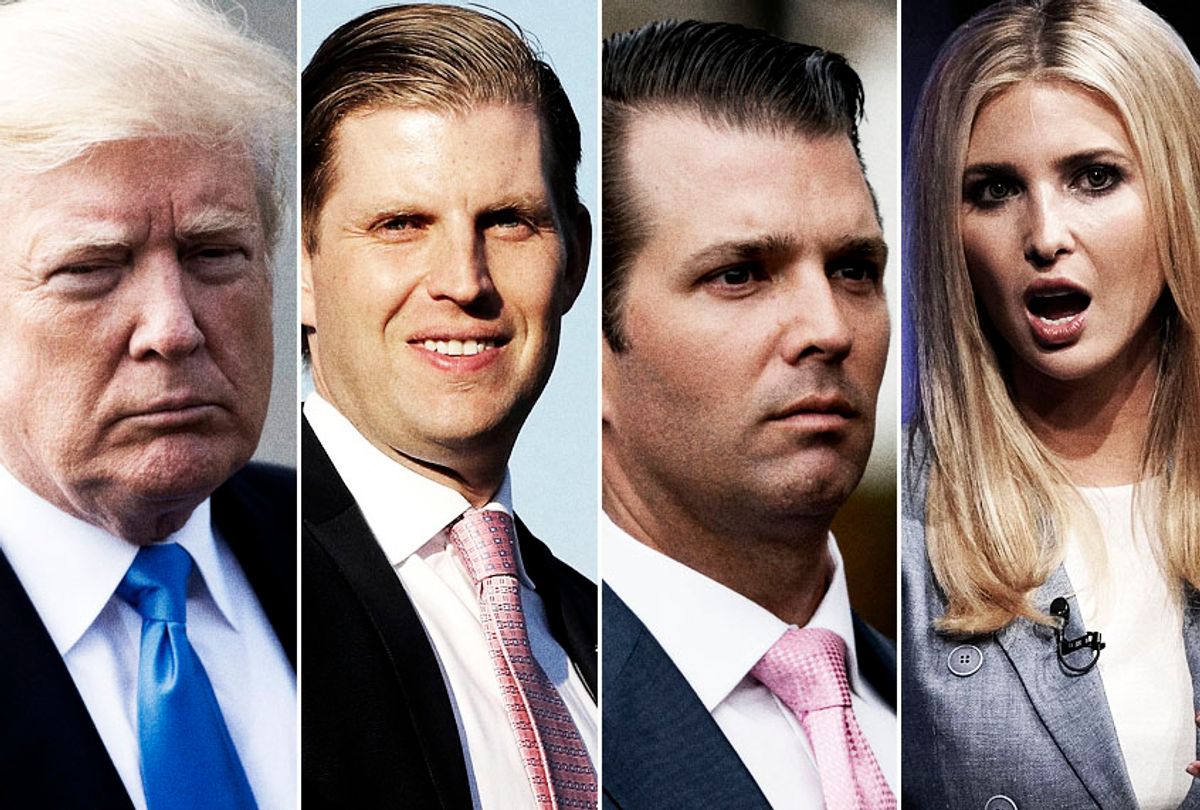Lawrence Tribe, a constitutional law scholar at Harvard University, co-authored an op-ed calling on New York state Tuesday to move forward with a bill that would prevent President Donald Trump from using his pardon power to escape criminal responsibility.
It noted that with Special Counsel Robert Mueller’s investigation having reached its conclusion, attention has now turned to the Southern District of New York — which is known to be pursuing cases surrounding Trump’s interests.
“[It’s] easy to forget that the president, his company, his adult children and many of his close associates face potential criminal liability for business practices that trace back years,” Tribe wrote in an op-ed in the New York Daily News, co-authored by Ron Fein, the director of Free Speech for the People. “These are unlikely to be crimes of espionage or treason, but rather tax evasion, bank fraud and the like.”
While the president can only pardon federal crimes, Tribe noted that double jeopardy considerations raise serious challenges if a state decides it wants to prosecute conduct that the U.S. government has already pursued. For most states, there’s no conflict here, because the state is viewed as a separate “sovereign” from the federal government, allowing it to thwart double jeopardy defenses. But New York, where Trump’s conduct could have violated both federal and state laws, has a particularly strong double jeopardy law on the books that generally prevents state prosecutors from following up where federal prosecutors have fallen short.
“In most cases, the New York statute makes sense, protecting defendants against overzealous prosecutors,” wrote Tribe and Fein. “But if Trump issues a federal pardon to a relative or associate, a New York court might rule that state prosecution is blocked by the statute. In that case, Trump really could give a get-out-of-jail-free card, since the recipient would be immune from prosecution for the state crime.”
There’s already a solution to this problem, though — and it’s narrow enough that it wouldn’t undermine any important principles at stake. As the authors explained, a bill in the state legislature would add an exception to the double jeopardy statute for cases in which:
One, the defendant worked as a White House or top political appointee, or for the president’s campaign, transition or business; two, the defendant is the president’s relative; three, the defendant was a co-conspirator with someone in the first two categories; four, the president derived a legal benefit, such as avoiding his own prosecution, from the pardon; or five, the defendant has material information about the liability of the president, his top aides, or his relatives. In those cases, state prosecution would be allowed.
They note that this would affect almost no one outside the president’s inner circle, and it would apply to Republican and Democratics presidents alike — so it’s not a nakeldy partisan rule.
But if lawmakers want to raise the likelihood that Trump and his ilk can be held legally accountable, Tribe and Fein argued that the time to act is now.
“New York must move quickly,” they said. “If Trump issues pardons while this gap in the law remains, then a later fix to the statute might be deemed an ‘ex post facto’ law that could not apply to the individuals already pardoned.”




Shares